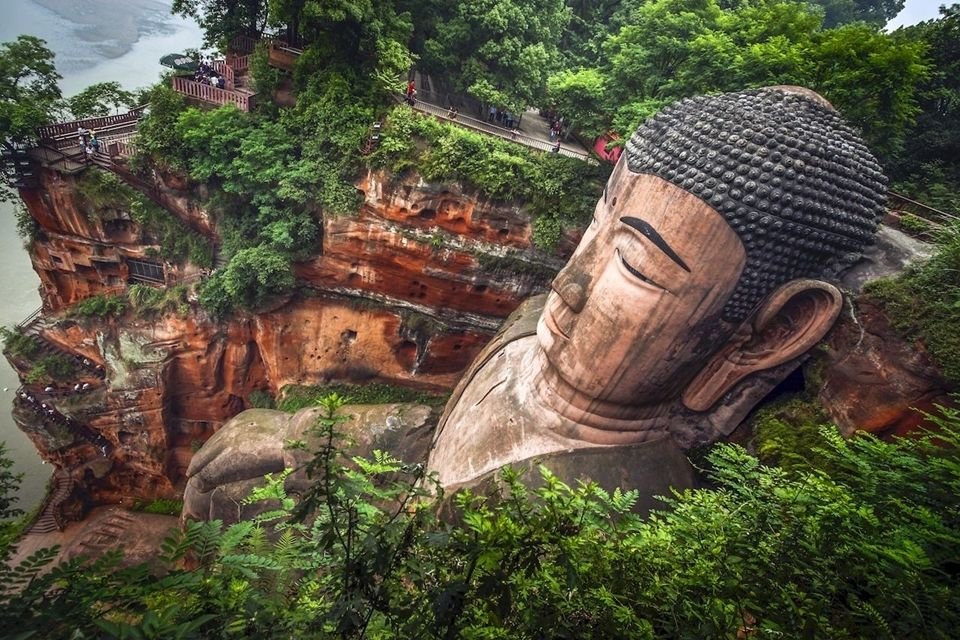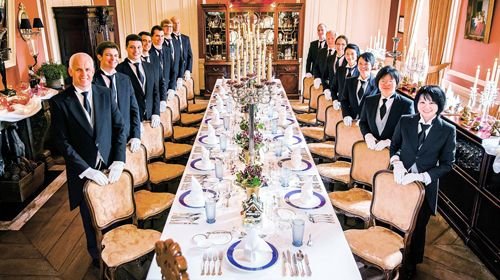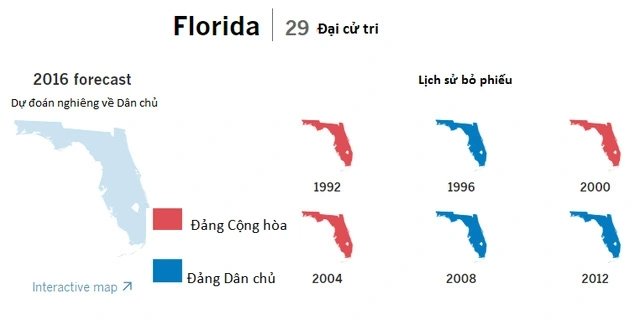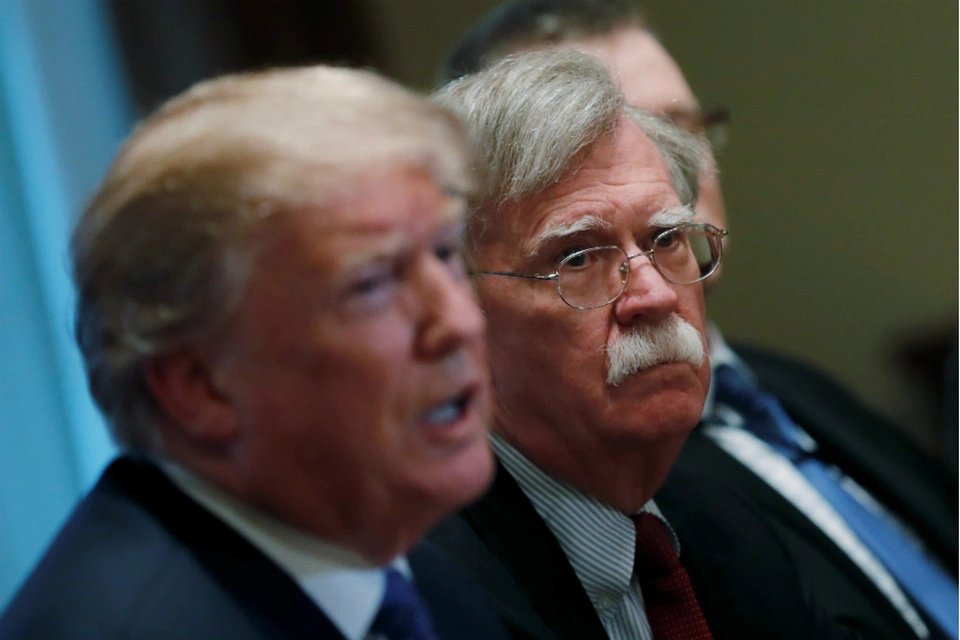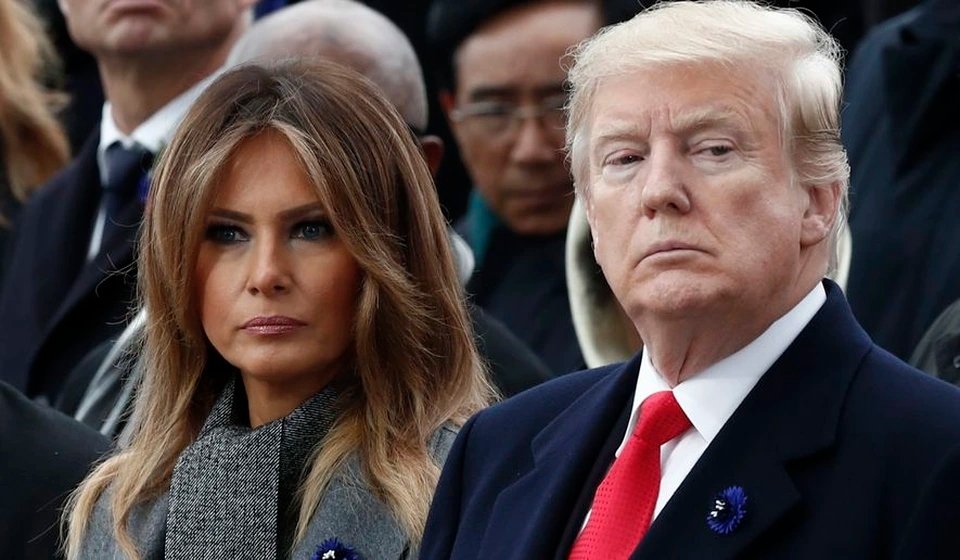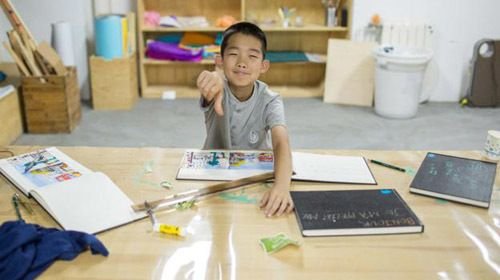
A student in the Atelier school.
Angelina’s parents chose a private education system for their daughter, because they were worried about the `pressure cooker effect`, which means studying becomes too stressful, in China’s public education system.
`I sent my two daughters to private school because in public schools there is a lack of connection between teachers and students. In addition, studying is too stressful,` said Amy Lin, who moved to Beijing from Taiwan to live with her husband of 6 years.
`I will send my children to America to study in the future. There are many universities and better work opportunities there,` Lin added.
According to BBC, the Lin family is just one of many wealthy Chinese families that have turned their backs on traditional education.
CLSA – an investment and brokerage firm specializing in the Asian market estimates that the private education market in China is worth about 315 million USD.
The private education market in China is vibrant with all kinds of options from once-a-week remedial classes to full-time boarding classes.
A study published by management consulting firm McKinsey in January showed that at the preschool level, China has more private schools than public schools;
Kindergarten – the beginning of the `pressure cooker`
Every year, more than 9 million Chinese students take the `gaokao` – the national college entrance exam.
The `gaokao` race begins in kindergarten, when parents compete to enroll their children in the best schools.

Parents anxiously wait for their children to take university entrance exams in China.
`The current education system ignores character development, values and social responsibility. This is the cause of many big problems for our country,` Yang Dongping, education expert at the institute of technology
`It is very difficult to change the mindset from an education that focuses on exams to an education that focuses on individuals,` Yang said.
Scores of private schools are springing up in China, not just in the urban core, to fill the growing gap between the new middle class’s expectations for an elite education and what the school system offers
Trend
When Marianne Daquet founded Atelier, a private art school in Beijing, she tapped into this trend.
Atelier teaches everything from oil painting to sculpture to Chinese students aged 3-15 years old.
`Chinese students come to us because we offer courses that develop creativity,` Dauquet said.
Daquet is French and came to Beijing 8 years ago.
`The reason I opened a private school is because we clearly understand what we lost from our childhood,` said Kangxie, who founded a private school last year in Beijing with her husband and another couple.
Xie’s uncle, once the head of a prestigious school in Beijing, now runs Aurora school.
When asked if he had any difficulty convincing parents to send their children to study such an advanced curriculum, Xie smiled and said: `No. Parents come to me in the mood of looking for something different. I
The cost of choosing a private education system is not cheap.
For example, the Lin family, each year they spend 28,000 USD on Angelina’s tuition, dozens of times more than 1,500 USD per year for a family sending their children to public school.
Parents are willing to dig into their pockets because private education in China is not only a gateway to international curricula, but also offers the potential to get into foreign universities, as well as work.

Oxford – the dream of many Chinese parents and students.
Maybe each parent’s approach is different, but their goals and expectations for their children are the same.
The number of Chinese students in the US has increased from 60,000 in 2004 to more than 274,000 in 2014, according to data from the International Education Organization.

